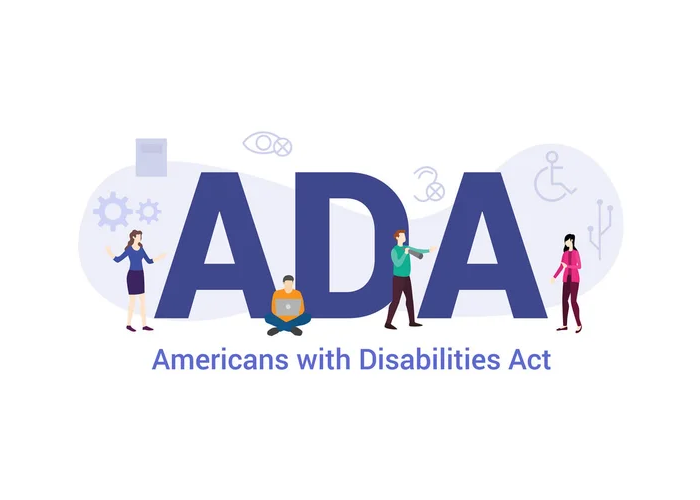
REASONABLE ACCOMMODATION OR UNDUE HARDSHIP?
PART I
The Americans with Disabilities Act prohibits discrimination against individuals with disabilities. Individuals who have a disability fall into at least one of the following three categories: (1) the employee who has a physical or mental impairment that substantially limits one or more major life activities; (2) the employee who has a history or record of such an impairment; or (3) the employee who is perceived by others as having such an impairment. An employee who is classified as having a disability may request a reasonable accommodation from his/her employer if he/she is unable to perform his/her essential job duties. If the disability is obvious, the employer may be required to offer such an accommodation without a request from the employee. A reasonable accommodation is a modification to an employee’s job duties to help the employee continue to perform his/her essential job duties.
Examples of a reasonable accommodation can include but are not limited to: making buildings, offices and other facilities used by employees readily accessible, restructuring the employee’s job, allowing employees to modify their work schedules, reassigning employees to vacated positions, and providing modified equipment or devices.
Courts have defined “reasonable accommodation” to mean that an employer has a duty to accommodate an employee’s disability, but employers do not have a duty to implement every accommodation that a disabled employee seeks or prefers. An accommodation is sufficient if it allows the employee to perform the essential functions of the position. It need not be the best available accommodation or the accommodation the employee desires. Once the employer offers an accommodation that allows the employee to perform essential job functions, the employer has met its legal obligation.
Although the ADA provides protections for employees with disability such as the ability to request a reasonable accommodation, employers are not required to provide a reasonable accommodation that would cause the employer an undue hardship. An undue hardship is found if the employer would experience financial difficulty, if an employee requests an accommodation that is unduly extensive, substantial, or disruptive, or if the accommodation would fundamentally alter the nature or operation of the business. Whether an employee’s request for an accommodation would cause an undue hardship is evaluated on a case-by-case basis.
Before denying an employee’s request for an accommodation, employers are encouraged to evaluate the request under the four factors used by the courts to determine if an accommodation would cause an undue hardship: (1) the overall size of the company including the number of employees, number or facilities and the budget; (2) the type of operations and the structure of the workforce; (3) the cost of the accommodation; and (4) the extent to which the accommodation would involve waiver of an essential requirement of a job as opposed to a tangential or non-business necessity requirement. Again, this analysis is fact-specific; therefore, an accommodation that was successful in the past for one employee may not be applicable to other employees with the same condition but in dissimilar circumstances.
Addressing a request for accommodation begins with a give-and-take between the employer and employee. This is known as the interactive process which all parties are required to engage in. Information on the interactive process under the ADA will be provided in a subsequent post.
For further information on the ADA or other issues related to managing employees, consult one of the experienced labor and employee attorneys at Trimboli & Prusinowski, LLC. Call 973-285-1095 to set up an appointment with an experienced attorney who can assist your business and you.

